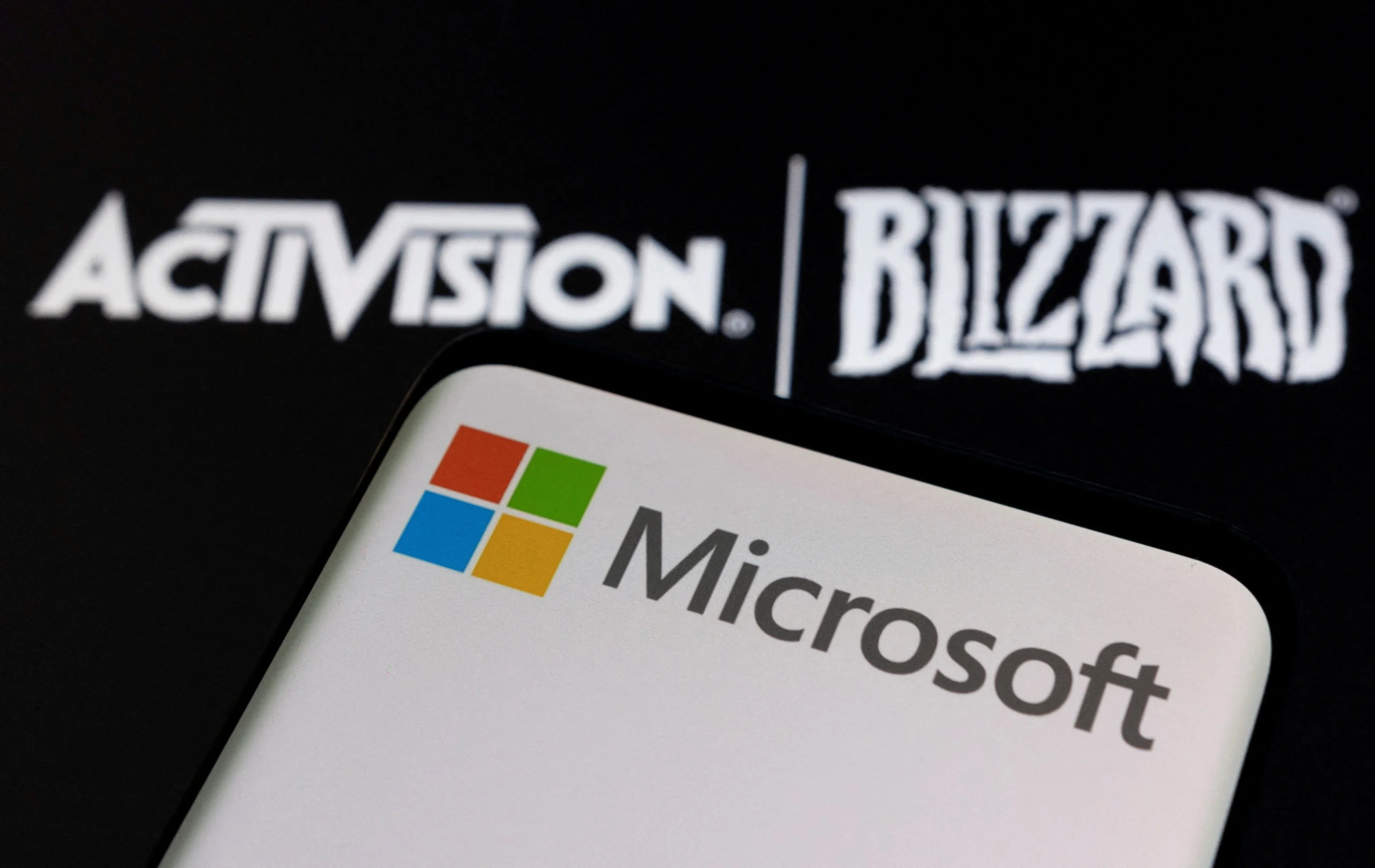UK regulator suggests sell-off of COD business as structural remedy for Microsoft-Activision deal
3 min. read
Published on
Read our disclosure page to find out how can you help MSPoweruser sustain the editorial team Read more

Britain’s Competition and Markets Authority (CMA) has already released the provisional findings of its in-depth independent investigation over Microsoft’s proposed Activision megadeal. The regulating body particularly pointed out that the deal “raises concerns about cloud and console gaming and “could result in higher prices, fewer choices, or less innovation for UK gamers.” And while the software giant is hoping to resolve these concerns through behavioral remedies, the CMA is suggesting partial divestiture of Activision Blizzard, including the sell-off of its Call of Duty business.
CMA’s negative view of the deal is not new in the story. Even last year, the watchdog expressed concerns by saying, “Microsoft could use its control over popular games like ‘Call of Duty’ and ‘World of Warcraft’ post-merger to harm rivals.” The CMA reiterated the same concern and brought the spotlight to Microsoft’s cloud business, which CMA believed would grow stronger through the merger.
“Microsoft already accounts for an estimated 60-70% of global cloud gaming services and also has other important strengths in cloud gaming from owning Xbox, the leading PC operating system (Windows) and a global cloud computing infrastructure (Azure and Xbox Cloud Gaming),” the watchdog said.
Interestingly, the CMA particularly stressed the possible effects of the deal on Sony’s PlayStation, believing the “deal could also harm UK gamers by weakening the important rivalry between Xbox and PlayStation gaming consoles.” It also mentioned Microsoft’s possible move to make Activision’s titles exclusive. Despite repeated explanations from Microsoft about the irrational business decision to do such actions, the CMA stated the opposite.
“The evidence available to the CMA, including data on how Microsoft measures the value of customers in the ordinary course of business, currently indicates that Microsoft would find it commercially beneficial to make Activision’s games exclusive to its own consoles (or only available on PlayStation under materially worse conditions),” the CMA explained and said Microsoft could do the same thing for its cloud gaming service.
The British competition watchdog also underlined the importance of the Call of Duty and said that “access to the most important content, like CoD, is an important part of that competition.” It added that “reducing this competition between Microsoft and Sony” could lead to different problems for UK customers but failed to mention Microsoft’s 10-year licensing offer to Sony regarding the deal and its action of handing it to Nintendo.
Interested parties can submit possible remedies to ease the concerns until March 1, but it will be a tough case for Microsoft. While the Redmond company hopes to solve these concerns through behavioral remedies like exclusivity agreements, CMA said it “prefers structural remedies” over behavioral remedies. Specifically, CMA suggested the divestiture or sell-off of some of Activion’s segments, including the “business associated with Call of Duty and World of Warcraft, among other titles.” The regulating body also mentioned the prohibition of the merger as the ultimate structural remedy.








